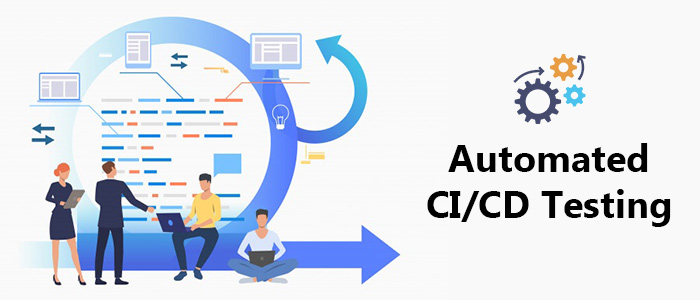
In today’s fast-paced software development lifecycle, speed without quality can be disastrous. That’s where the integration of Continuous Integration and Continuous Deployment (CI/CD) pipelines with automated testing tools comes into play.
CI (Continuous Integration): Developers frequently merge code into a shared repository where automated builds and tests are run.
CD (Continuous Deployment/Delivery): Ensures that code changes are automatically deployed to production after passing all tests.
Manual testing can’t keep up with the pace of modern development. Integrating tools like Selenium, JUnit, TestNG, Postman (for API testing), and Cypress within your CI/CD pipeline ensures:
Faster feedback on code changes
Early detection of bugs
Reduced human errors
Increased test coverage
Jenkins: Open-source and highly customizable
GitLab CI/CD: Integrated with Git version control
CircleCI: Fast and developer-friendly
GitHub Actions: Native automation with GitHub repositories
Azure DevOps / AWS CodePipeline / Bitbucket Pipelines
Unit Tests: Validate individual functions or methods
Integration Tests: Ensure modules work together
End-to-End Tests: Simulate real user workflows
API Tests: Ensure service reliability and response accuracy
Performance Tests: Measure app responsiveness under load
Developer pushes code to Git
CI tool triggers build
Automated tests (unit, integration, API) run
On test pass, CD tool deploys to staging/production
Notification sent to the team
Continuous delivery with confidence
Fewer bugs in production
Rapid release cycles
Streamlined collaboration between dev and QA
Supports Agile and DevOps best practices
Share This News